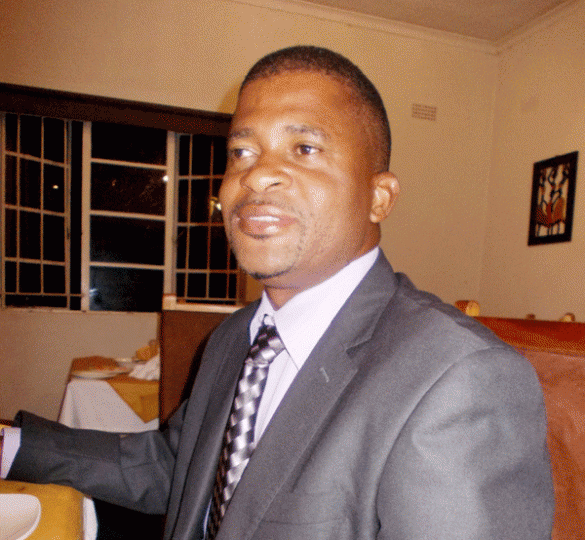Source: External management coaches always objective, independent – The Zimbabwe Independent September 7, 2018
Have you ever wanted to know a little more about executive coaching? Recently I caught up with a strong proponent of executive coaching, Rob Holmes, a senior finance executive with one of the leading Tobacco merchants in Zimbabwe to find out his views on executive coaching as a necessary intervention programme for leadership development and effectiveness in an organisation. Robert Mandeya (RM) explores this issue with Holmes (RH).
RM: What is your assessment of the understanding and practice of executive coaching in corporate Zimbabwe?
RH: It is gaining recognition as an effective executive development tool but this is mainly restricted to the large corporate for high potential individuals. It can also be used across different layers of the organisation from the C Suite to management and across differing needs.
RM: Who should seek out an executive coach?
RH: Any company, organisation or individual who places a high value on personal development and human capital could hire an executive coach once a need is identified then search for a coach specialising in that area.
RM: At what point should an organisation consider coaching intervention for its employees?
RH: The needs of an organisation and its individuals at different levels will vary widely. There are different branches of executive coaching providing interventions for leadership or transition coaching to specific needs like a high potential manager who struggles with teamwork.
RM: What do you think are the benefits of engaging an executive coach in a corporate organisation?
RH: External coaches are independent and objective. They are free of the corporate politics and vested interests that affect internal development programmes. Internal coaching can be used but there are guidelines governing confidentiality and conflicts of interest.
RM: What should a leader expect to get from the coaching process?
RH: Those in leadership or aspiring to it will learn to see themselves and others in ways that are different to what they may have learned about leadership.
RM: Alternately, what should a company expect from an employee’s coaching programme?
RH: The company as the sponsor is actively involved in setting up the coaching process. From the coaching need evolves the negotiated objectives and program agreed between coach and client. The sponsor can expect changed behaviours and improved results from the employee.
RM: What makes an effective coach?
RH: Coaches are not necessarily experts in matters of business and commerce. Their role is to identify the underlying causes that give rise to the need for the client to make behavioural changes. Coaching is not the same as consulting which is a problem, action and fix approach, but seeks to change thinking.
RM: Can you tell us why coaching is a good investment?RH: Coaching is a good investment as it has a long-term effect. Coaching seeks to change the way we think and see problems; only this can lead to different and improved outcomes.
RM: How has executive coaching helped your organisation and would you recommend it to others in the corporate world in Zimbabwe?
RH: Clients of coaching or managers learn to see through different lenses which means that they learn to think and act differently. This leads to the innovations and efficiencies that companies need to differentiate them from competitors. Coaching also normally improves communication and relationships at all levels around the client.
RM: Lastly, what is one thing you wish people knew about the value of executive coaching?
RH: Not many people know that executive coaching has its origins in sports management which was pioneered by the great Mark McCormack and his company IMG in the 1960s. In order for sportspersons to perform at their best their mental, emotional, motivational, financial and other needs would have to be addressed as well. Business executives also need coaches to help them perform optimally!
Mandeya is an executive coach, trainer in human capital development and corporate education, a certified leadership and professional development practitioner and founder of the Leadership Institute for Research and Development (LiRD). — robert@lird.co.zw, info@lird.co.zw or +263 772 466 925.
Newer Post
Future bright for Zim: ED Older Post
Inflationary outlook to spur stocks rally 
COMMENTS